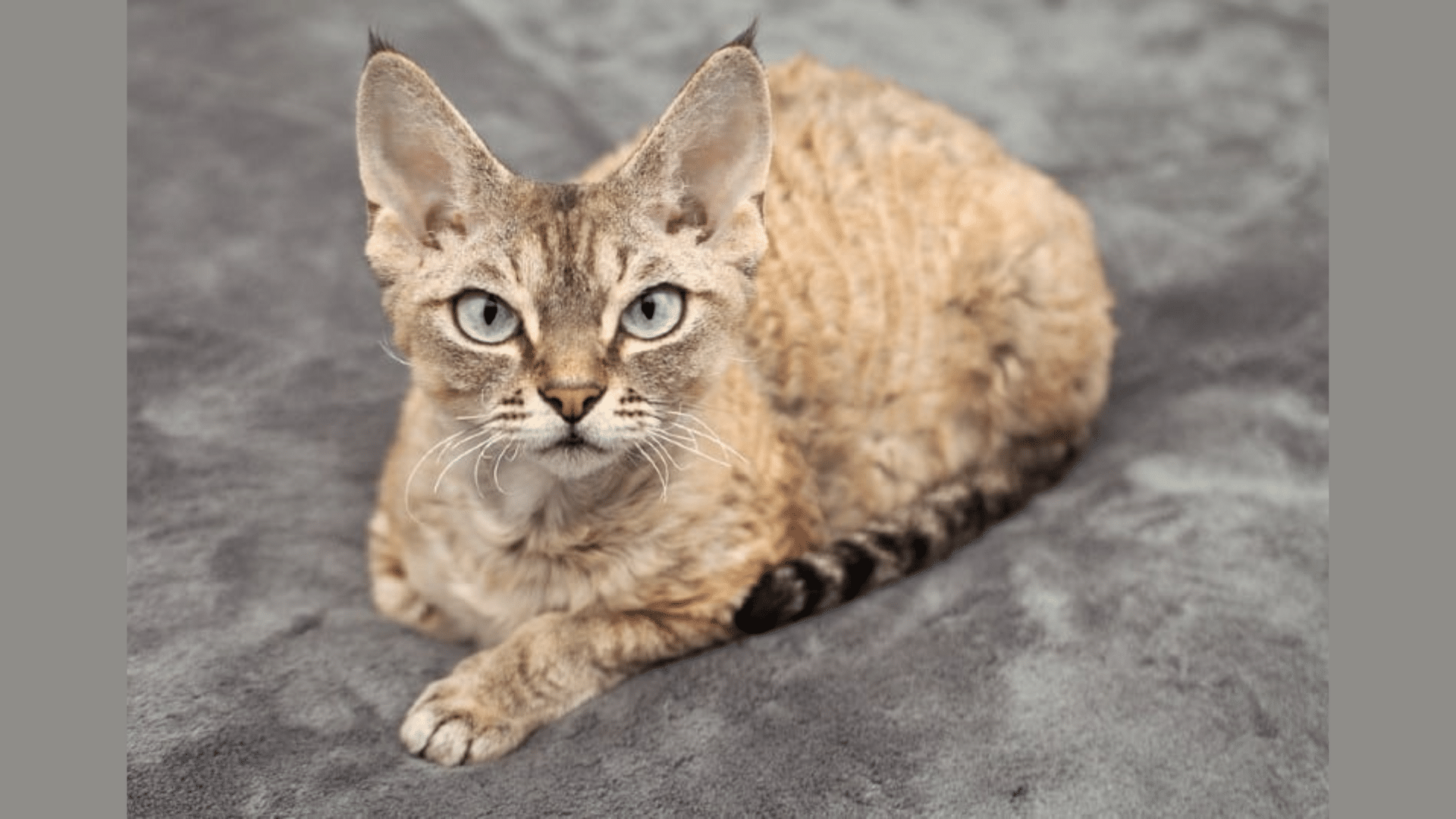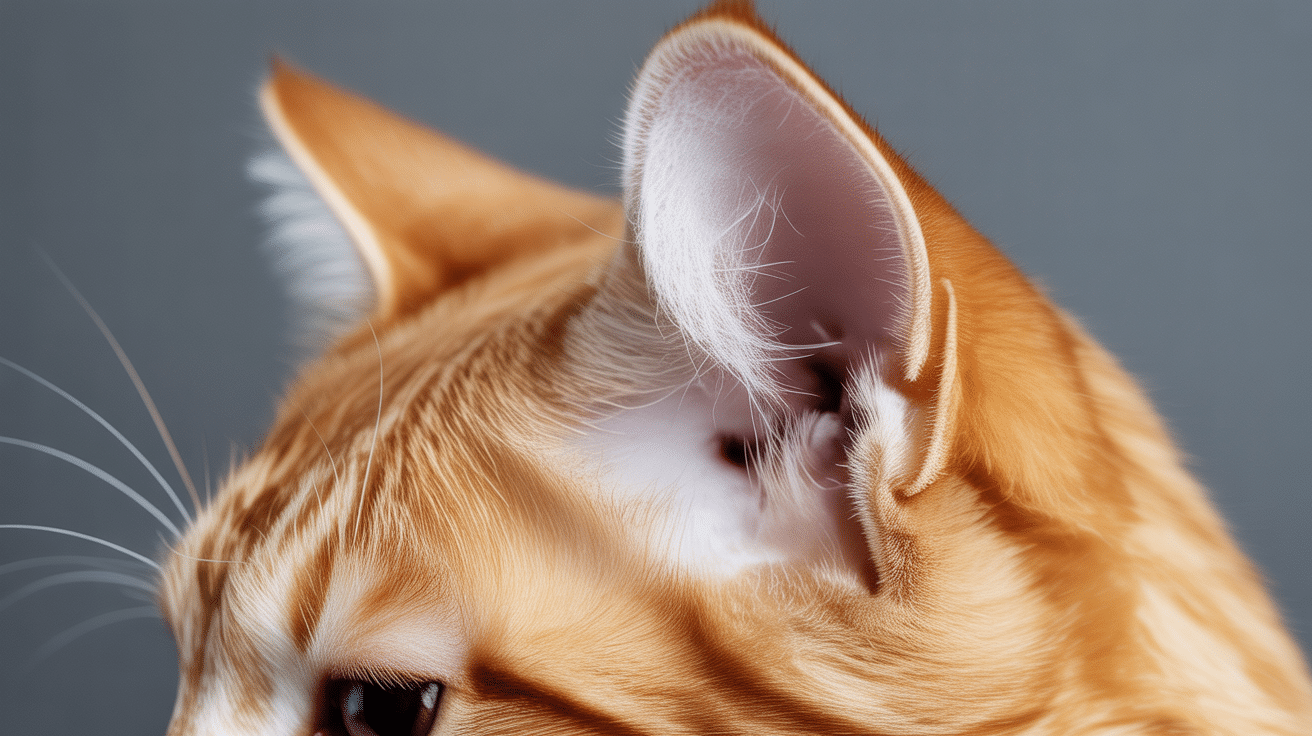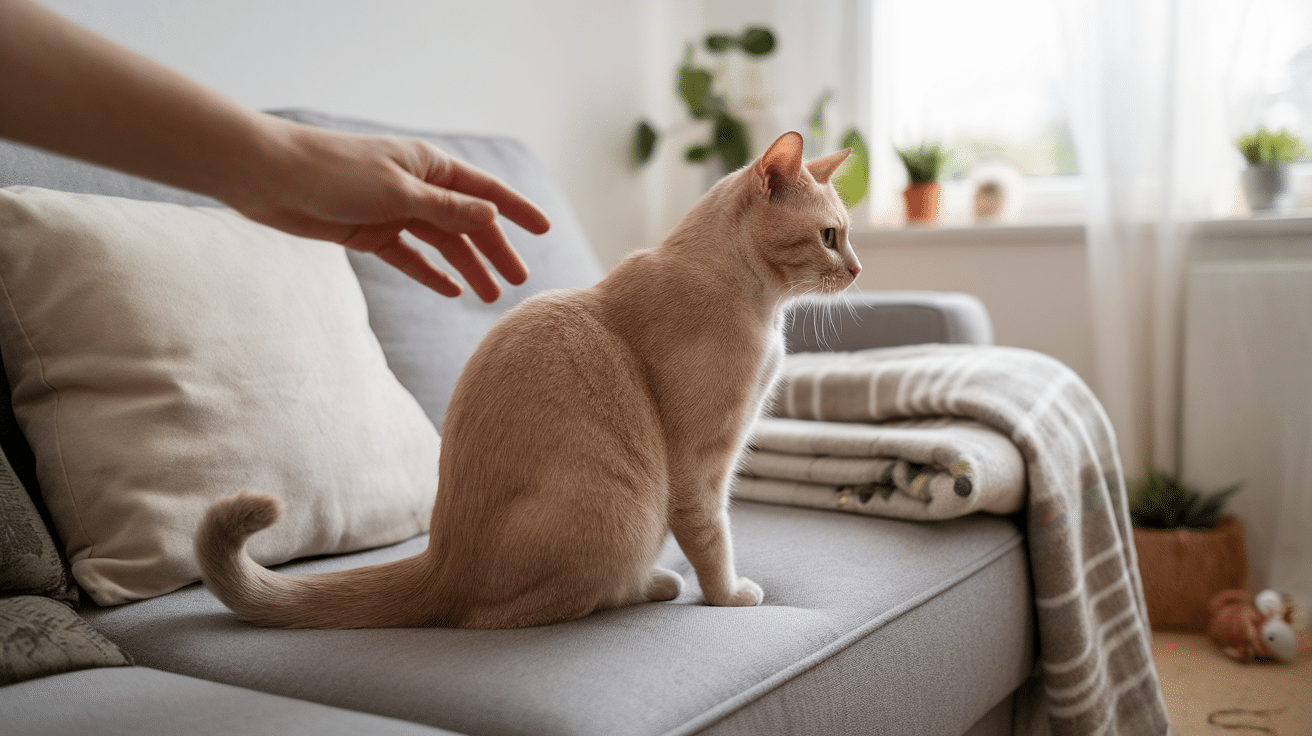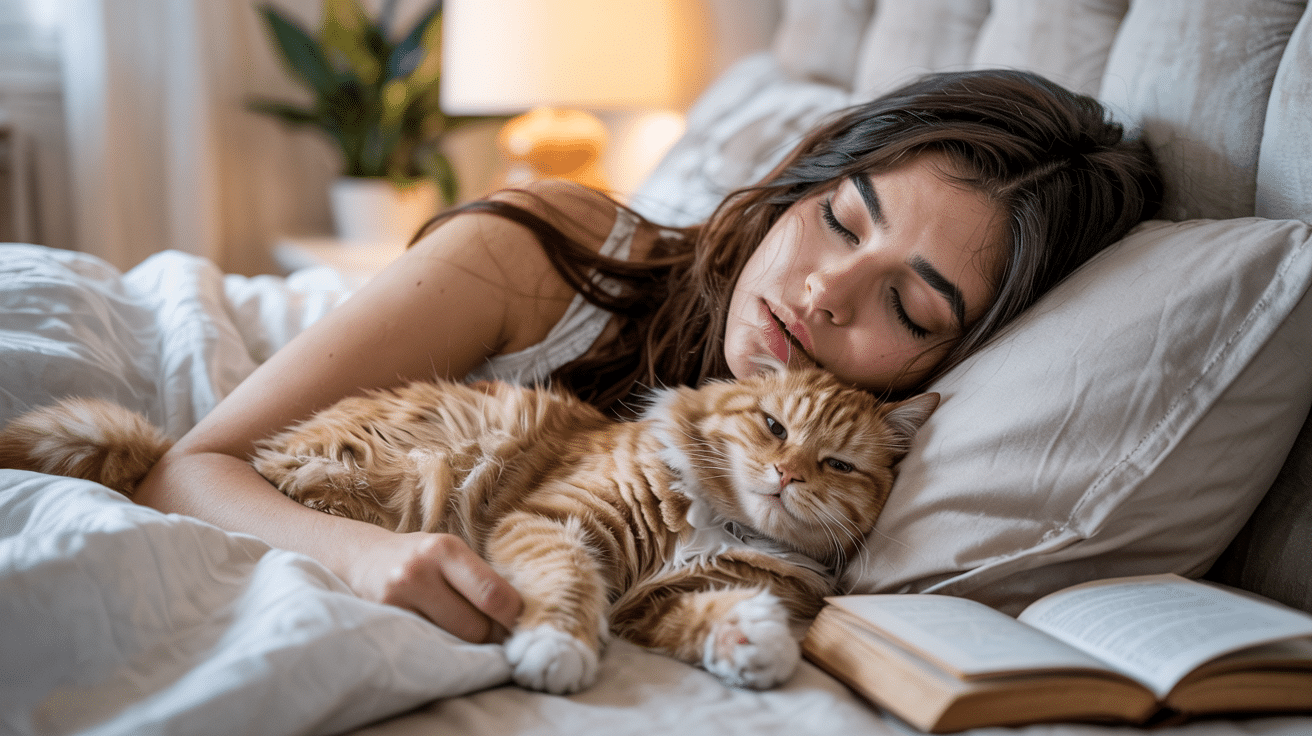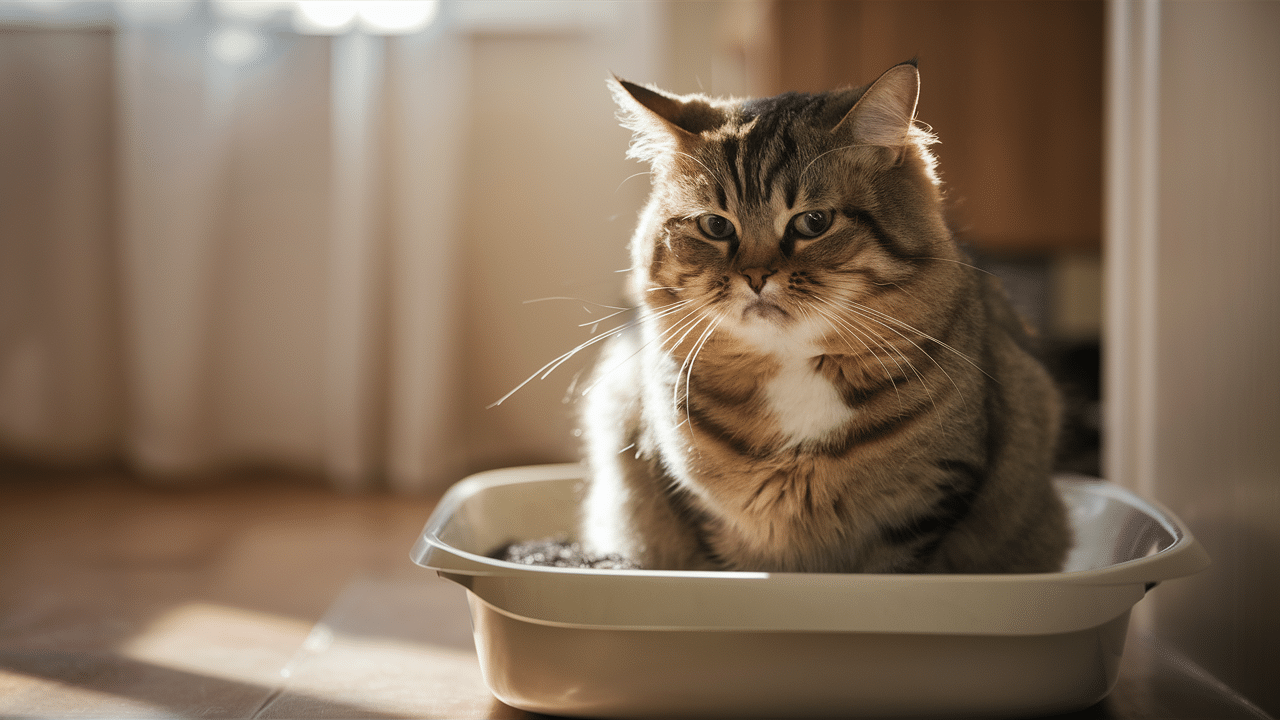Devon Rex cats stand out with their curly, soft coats that feel like suede. Because of their unusual fur, many people think these cats don’t shed.
This isn’t true. Devon Rex cats do shed, but less than many other cat breeds.
Getting the facts right about Devon Rex shedding helps new and current owners. It affects how you plan for cleaning, care for people with allergies, and look after your cat’s coat health.
Some owners are surprised when their Devon Rex starts to lose fur. They didn’t expect any shedding at all. This can lead to worry about the cat’s health when nothing is wrong.
In this article, you’ll learn what to expect about Devon Rex shedding, tips for managing it, and how their shedding compares to other popular cat breeds.
The Devon Rex Coat: What Makes It Special
The Devon Rex coat is the result of a natural genetic mutation. This mutation affects how the cat’s fur grows, curling it.
Unlike many cats with this mutation in small areas, Devon Rex cats have it throughout their entire coat.
Most cats have three types of hair:
- Guard hairs: The longest, straight hairs that form the outer coat
- Awn hairs: Medium-length hairs that make up most of the visible coat
- Down hairs: Short, soft undercoat hairs that provide warmth
Devon Rex cats are different. They have fewer guard and awn hairs, and some might lack guard hairs almost completely.
Most of their coat consists of down hairs, which gives them a soft feel. Under a microscope, Devon Rex’s fur shows clear differences.
Their hair shafts are thinner and have an odd wavy pattern. The hair follicles are less stable, so their fur can sometimes break easily.
When you touch a Devon Rex, you’ll notice their coat feels like suede or a soft, warm sweater.
The fur bends and waves against your hand. This texture comes from the bent hair shafts that don’t grow straight like most cats.
Not all Devon Rex cats have the same coat type. Some have thicker, more plush coats, while others have sparse fur.
Some areas might be nearly bald, especially on the chest, belly, and back of the ears. This range of coat thickness is normal within the breed and can change as the cat ages.
Do Devon Rex Cats Shed?
Yes, Devon Rex cats do shed. This needs to be clear from the start. Every cat with fur sheds – it’s a natural hair growth and renewal process.
The idea of a completely non-shedding cat is just not true.
What makes Devon Rex “low-shedding” is the amount and visibility of hair they lose. These cats drop less fur than many other breeds.
When they do shed, their fine, short hairs often go unnoticed compared to the more visible fur of cats with thicker coats.
Several things affect how much a Devon Rex sheds:
- Age: Kittens and senior cats may shed differently
- Health: Poor diet or illness can increase shedding
- Stress: Anxious cats often shed more
- Hormones: Intact cats may shed more during certain times
Devon Rex cats follow normal seasonal shedding patterns but with less intensity. They shed more in spring as days get longer and temperatures rise.
A second, smaller shed often happens in the fall. However, indoor cats with constant artificial light and temperature may shed lightly year-round instead of in distinct seasons.
When compared to other cats, the difference is clear. While a Maine Coon or Persian might leave visible fur clumps on furniture and clothing, a Devon Rex typically leaves much less visible evidence.
Are Devon Rex Cats Truly Hypoallergenic?
Devon Rex cats are often called “hypoallergenic,” but this is misleading. No cat is completely allergy-free. “Hypoallergenic” means they might cause fewer reactions in some people.
Cat hair isn’t the main cause. The real culprits are proteins in Cat saliva, skin oils, and skin flakes (dander). Cats spread these proteins when grooming. They get into the air when cats shed.
Devon Rex cats may be a better choice for some allergy sufferers due to their unique coat. They shed less fur and have shorter and less dense coats than many other breeds.
Additionally, their curly fur may help trap allergens closer to the skin, reducing the amount released into the air. However, results can vary widely from person to person.
Some people with cat allergies find they can live comfortably with a Devon Rex but react strongly to other breeds. Others may still experience mild symptoms, while a few might see no difference at all between breeds.
Before bringing home a Devon Rex, it’s important to test your allergies. Visit a home with a Devon Rex several times and spend at least an hour during each visit.
Make sure to handle the cat directly to see how your body reacts. Try to test during different seasons, as allergens can vary with the environment. If possible, borrow items the cat uses, like bedding or toys, to see if you react to them as well.
Devon Rex Shedding Management: A Complete Care Guide
Grooming Tools and Routine
It’s important to use the right tools and follow a regular grooming routine to properly manage shedding and keep your Devon Rex’s coat healthy.
- Use rubber grooming gloves or soft bristle brushes
- Brush once weekly for 5-10 minutes with gentle strokes
- Avoid wire brushes – they damage delicate fur
- Wipe coat with a damp microfiber cloth to collect loose hairs
- Bathe only every 2-3 months with mild cat shampoo
Diet and Environment
The right diet and environmental conditions can also help manage shedding. Focus on providing the best nutrition and maintaining a comfortable living environment.
- Feed high-quality protein with omega fatty acids
- Keep fresh water always available
- Low humidity increases shedding – consider a humidifier
- Maintain consistent home temperatures
- Clean regularly to reduce dander buildup
Age-Specific Care
As your Devon Rex matures, its grooming needs may change. Different care routines are required for kittens, adults, and seniors.
- Kittens: Less frequent brushing with the softest tools
- Seniors: More frequent grooming as self-grooming decreases
Common Devon Rex Coat Issues and Solutions
1. Oily Coat
Causes: Overactive oil glands, fatty diet, insufficient grooming
Solutions: More frequent bathing, weekly wipe-downs, adjusted diet
2. Dry Skin and Dandruff
Causes: Low humidity, poor diet, allergies
Solutions: Add omega fatty acids, use a humidifier, and ask the vet about supplements
3. Bald Patches
Normal: Behind ears, chest, belly, backs of legs
Concerning: Sudden loss, red skin, scratching, spreading bald areas
See a vet for Hair loss with skin changes, excessive scratching
4. Seasonal Changes
You can expect your Devon Rex to develop a thicker coat in the winter and a lighter one in the summer.
During these seasonal transitions, it’s a good idea to increase brushing to help manage shedding and keep their coats healthy.
While their fur is short, changes in texture or density can occur, so it’s also important to check for any skin issues or irritation as their coat adjusts with the seasons.
Devon Rex Care: Quick Guide
The Devon Rex is a unique and affectionate breed known for its curly coat and playful nature. Caring for a Devon Rex involves understanding its grooming needs, dietary requirements, and overall well-being.
While they may be small, these cats have large personalities and require attention to ensure they stay healthy and happy.
In this guide, we will cover key aspects of caring for a Devon Rex, from home management to veterinary concerns, to help you provide the best care for your feline friend.
Home Management
When managing a home with a cat, it’s important to choose the right furniture fabrics.
Opt for materials like microfiber or leather/pleather, which are easier to clean, while avoiding velvet, which tends to trap hair.
Using washable covers is also a practical choice. In terms of cleaning tools, rubber brooms and silicone brushes are great for removing fur, while a HEPA vacuum is essential for effectively cleaning pet hair.
Lint rollers should be kept handy for quick cleanups. Establishing a regular cleaning schedule is vital; spot clean daily, vacuum twice a week, wash bedding weekly, and deep clean your home at least once a month.
For air purification, install HEPA filters in the rooms your cat frequents, ensuring they are replaced regularly. Controlling humidity levels can also help with air quality and pet hair management.
Veterinary Concerns
Monitoring your cat’s health is crucial, especially when it comes to warning signs. Look for bald patches, skin redness, excessive scratching, a dull coat, or sudden shedding, as these can indicate underlying health issues.
Skin conditions like seborrhea, ringworm, and parasites may also appear, so it’s important to stay vigilant.
Additionally, allergic reactions can cause skin problems, so regular checks and visits to the vet are essential.
Stress factors such as frequent moves, changes in routine, or a lack of hiding spots can also affect your cat’s health, so it’s important to minimize stressors.
Consider using pheromone diffusers to calm your cat during stressful times.
Nutrition
A proper diet is key to maintaining your cat’s health. European Maine Coons, in particular, benefit from omega-3 fatty acids, which support their skin and coat.
Adequate protein is necessary to maintain their muscle mass, and biotin supplements help promote healthy fur.
Feeding high-quality, well-balanced food will provide the essential nutrients needed for overall well-being.
Remember, proper nutrition not only supports your cat’s coat but also plays a significant role in their overall energy and longevity.
Vet Visits
Regular vet visits are essential to ensure your cat’s health. During these visits, expect the vet to perform a skin examination and possibly take skin scrapings if there are concerns about parasites or infections.
Blood tests may also be necessary to monitor overall health or check for specific conditions like heart disease.
Being proactive about your cat’s health will help catch any issues early, allowing for prompt treatment and maintaining a high quality of life.
Conclusion
Devon Rex cats shed less than many other breeds, making them a great choice for owners who want less fur around the house.
Their soft, curly coats need gentle grooming with a soft brush or glove. Light brushing a few times a week helps manage shedding.
Though not fully hypoallergenic, Devon Rex cats may cause fewer allergy issues for some people. It’s always best to test for allergies before bringing one home.
These cats are great for busy owners who can’t groom daily but still want a loving, playful companion. Their warm, velvety coats make them excellent cuddle buddies.
Want more tips on low-shedding cats and easy pet care? Check out our other blogs for helpful guides, breed info, and more.
Frequently Asked Questions
Do Devon Rex Cats Shed More as Kittens or Adults?
Devon Rex cats shed minimally, with no significant difference between kittens and adults.
How Does Spaying/Neutering Affect Shedding Patterns?
Spaying or neutering does not affect the shedding patterns of Devon Rex cats.
